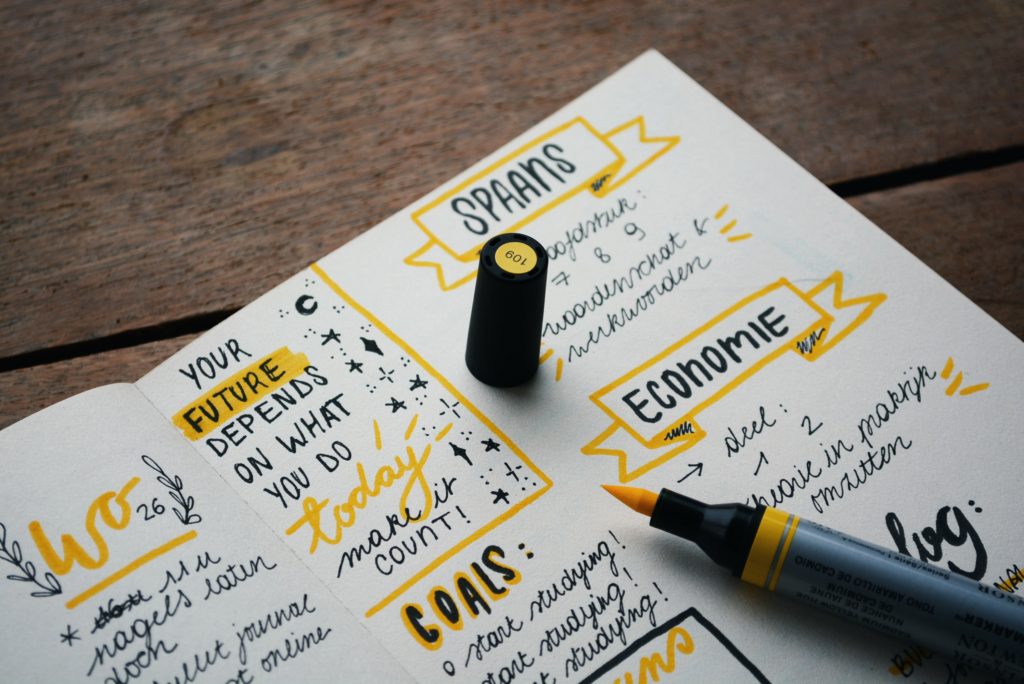
Starting a career entails making long-term decisions about what you want out of life. You might be changing careers, starting over, or just curious about what’s possible. In either case, it’s critical to figure out what works best for you so you don’t burn out in the middle of trying to fit into something that isn’t your greatest strength.
1. Choosing a Career

List your qualities, talents, and hobbies, including those that are unrelated to traditional occupations. You should choose a career that matches your particular abilities and interests, rather than one that you hope you’ll enjoy once you get started. A career is something you work on and develop through time, whereas a job is something you do only to pay the bills. If you don’t think about yourself first and foremost, chances are you’ll be changing jobs frequently.
2. Dive into internet research on careers that interest you.

If you’re not sure what career you desire, develop a list of 5-10 options and start researching them. Don’t forget to add new jobs to your list as they become available. For example, you may find that becoming an actor has a high barrier to entry, with minimal job stability and unpredictable hours. However, working as a Production Assistant on film sets is a far more manageable entry point and can lead to a number of film careers.
3. Examine your current qualifications thoroughly.

More often than not, the career you want will require some form of training, experience, or past recommendations in order to be pursued. But don’t worry if you feel a little under-qualified right now. The goal is to figure out what you would need to do in theory to get into each career you’ve identified. Make a point of listing everything, including volunteer experience, personal projects, and schooling, and never cut yourself short; if you’re proud of something, it’s probably worth noting.
4. Do some volunteer, intern, or trial work in fields you’re interested in.

This is especially handy if you’re unsure, or if you have multiple options and can’t decide between them. Working for free or for a low wage should not be done continuously, but it might be beneficial for a short time to give you a flavor of what the career is like. To avoid being taken advantage of, it is critical to set things up through trusted companies and persons.
5. Talk with others about what they enjoy most about their careers.

This is a wonderful approach to see if employees are still enthusiastic about what they do on a daily basis. It also allows you to ask questions in order to put yourself in their shoes and determine whether or not you envision yourself in that position. This can greatly assist you in determining what will work best for you. Take some time to come up with solid, precise questions that will tell you about the career, not simply the job.
6. Consider the amount of work and leisure time you require to be happy.

Remember that a career is about much more than your annual salary. It may be critical for you to be able to spend a significant amount of time at home with youngsters. Some careers will facilitate this, while others will prevent it. Work should be enjoyable and not a burden, but it should not take over your life if you do not want it to.
7. Consider the career you desire if all of the obstacles are overcome, not the “easiest.”

A great set of questions can help you figure out what you really, most importantly, want to do. If you truly care, the time and effort required to close educational gaps or address difficulties will be well worth it. All they ask for is honesty and the bravery to put yourself out there:
- “If I had the skills and education, I would love to be a __________”
- “If I had to go back to school, I’d major in __________”
- “When I’m retired, I want to look back on a life spent _____________”
Disclaimer
The content provided in this blog is for informational purposes only. The owner of this blog makes no representations as to the accuracy or the completeness of any information of this site or found by following any link on this site. The owner will not be liable for any errors or omissions in this information nor for the availability of this information. The owner will not be liable for any losses, injuries or any damages from the display or use of this information.



